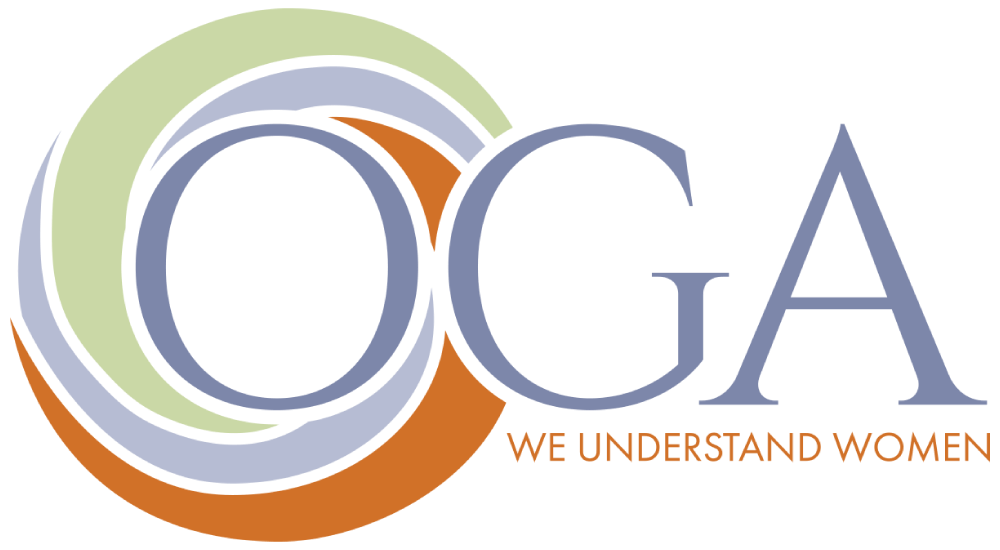
Menopause
Menopause
Menopause is the phase of a woman’s life that begins after her menstrual periods have permanently ended. Today, women can expect to spend a third of their lives after menopause, so understanding, planning for and managing menopause is more important then ever before.
Technically, menopause begins after you have been without a period for one year, but many women begin experiencing symptoms of menopause months or years before that, known as perimenopause. These symptoms of can include:
Irregular periods
Hot flashes
Vaginal dryness
Changes in your sleep patterns
Mood swings
Breast tenderness
While the transition from your child bearing years to menopause is a natural biological process, not a medical illness, there is no reason to simply accept the side effects. If you find they are impacting the quality of your life you should seek medical advice.
Some symptoms respond well to improvements in your diet and exercise habits, others may require other management options. Your doctor can discuss your situation and help you determine the right course of action.
Hormone Therapy
Because menopause results from hormonal changes that occur over time, some women benefit from hormone therapy to replace the hormones no longer produced by the ovaries. Hormone treatment is usually prescribed in the form of pills, creams, injections, vaginal rings, or skin patches.
There are risks associated with hormone therapies, but there are also many benefits. Your doctor will be happy to explain the benefits and risks and help you determine if hormone treatment is right for you.
Advance Therapy
There are a number of alternative therapies thought to relieve menopause symptoms available today. Generally, these fall into a category known as phytoestrogens—plant-based supplements that have estrogen-like properties. Other herbal products, vitamins and other therapies can be found to help alleviate the symptoms of menopause.
You can find a detailed discussions of alternative therapies on the internet at the North American Menopause Society website and WebMD website. Your doctor will be happy to discuss both traditional and alternative treatments and to help you decide what is best for you.

